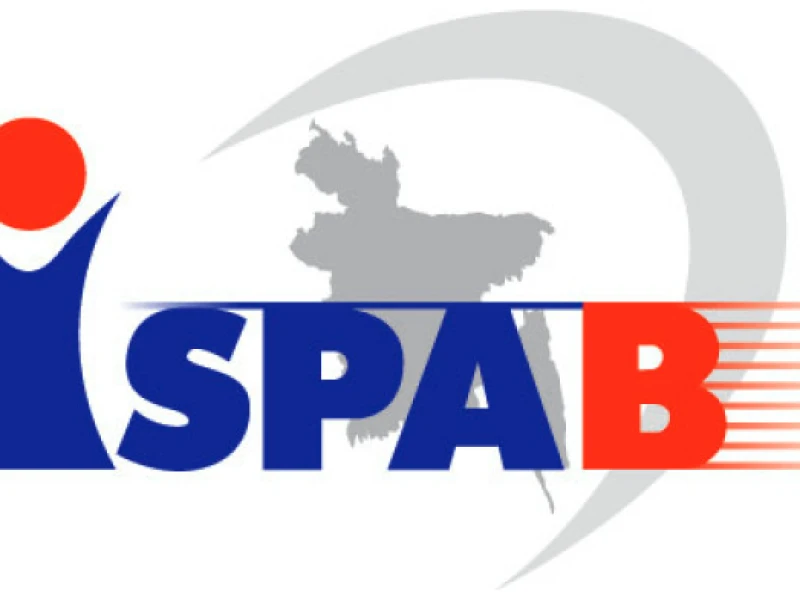The Internet Service Providers Association of Bangladesh (ISPAB) has expressed concern over certain clauses in the new telecom policy, warning that they could put small and medium ISPs at risk.
Congratulating the government on the overall policy update, ISPAB said five specific clauses should be revised to protect the interests of the industry.
Under clause 7.4.5, nationwide ISPs and divisional ISPs may operate as Fixed Telecom Service Providers (FTSP), while district and sub-district ISPs can only function as district-level ISPs.
ISPAB argued that many sub-district ISPs have been operating since 2009, gaining two decades of experience in providing last-mile service and expanding their business.
“They should be allowed to join the mainstream, and divisional ISPs should have the choice to upgrade to FTSP without being forced into nationwide coverage,” ISPAB said.
Clause 7.4.7 restricts district-level FTSPs to providing only internet and data services. ISPA-B highlighted that by 2025, internet users demand a wide range of digital services, including IP telephony, IP-TS, and telemedicine. The association called for district ISPs to be allowed to offer these services without discrimination.
The association also raised concerns about possible misuse of clause 7.4.7, which could allow confusion between ANSP operators and certain government network operators. ISPAB stressed that this clause should not exist in its current form.
Regarding clauses 7.7.6 and 7.7.11, ISPAB supported designating certain operators as transmission providers but questioned whether areas where these operators have not established networks would remain digitally underserved.
They suggested allowing ANSP operators to build transmission networks in such areas to reduce digital inequality.
ISPAB warned that the current policy could jeopardize domestic investment in the ISP sector.
“A few targeted amendments could help protect small and medium enterprises while improving broadband quality of service,” the association said.


 Prev Post :
Prev Post :
